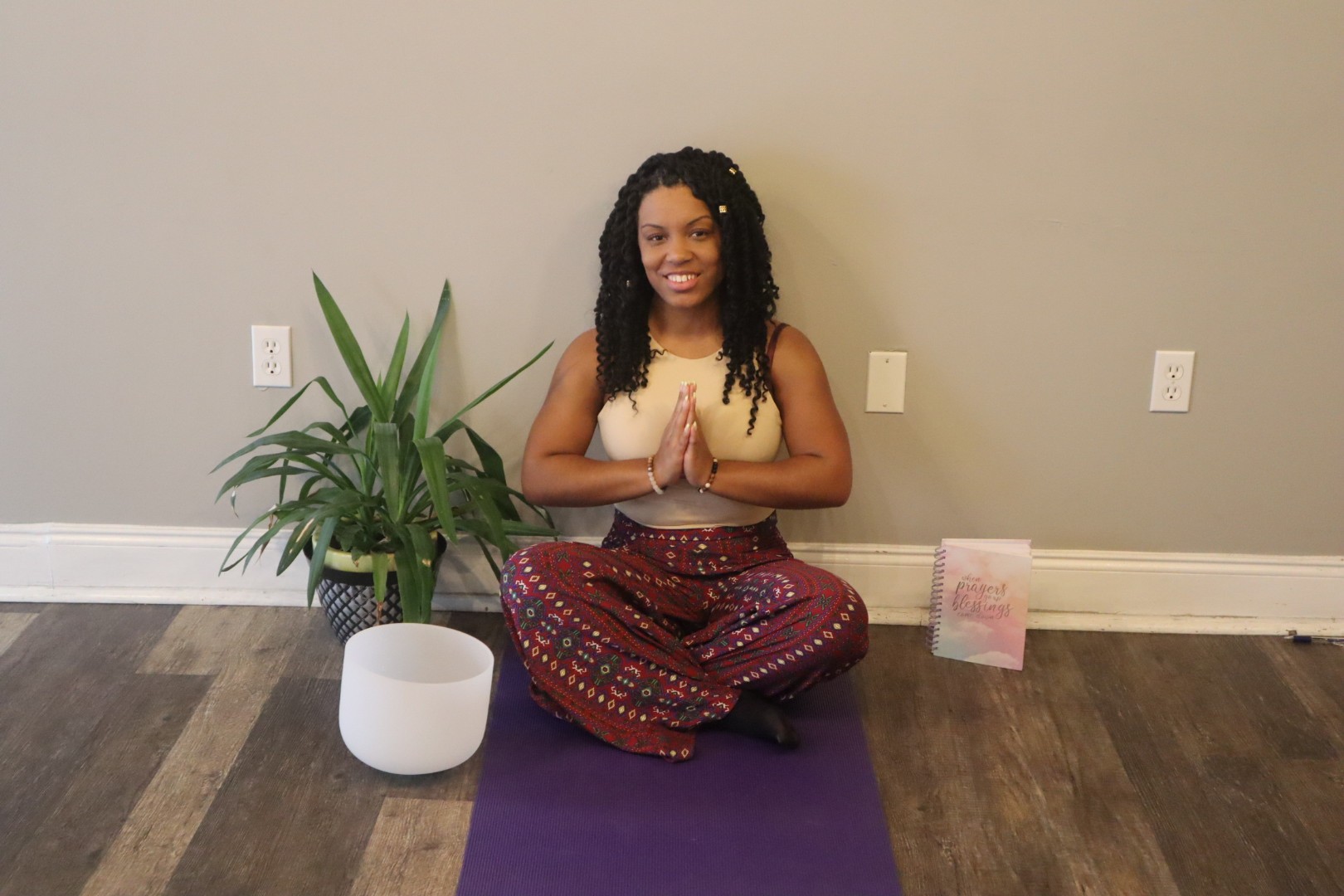Alright – so today we’ve got the honor of introducing you to Jessica Smith. We think you’ll enjoy our conversation, we’ve shared it below.
Jessica, appreciate you joining us today. Innovation comes in all shapes, sizes and across all industries, so we’d love to hear about something you’ve done that you feel was particularly innovative.
I always go about these types of questions from a nuanced angle. I got into this industry in general in a non-traditional way. Aside from the fact that I’m a mental health entrepreneur due to lived experience (and not a professional degree), my background in journalism/storytelling really has carried me along well in this space.
The ability to clearly tell my story, to get people to empathize with my mission and to win funding as a result of that, has really helped me stand out.
An example is that I started The Mental Health Emergency Fund, Inc. by coming in second place for a video contest for a microgrant. My ability to articulate my “why” and then rally support from my network was key to my success. I used the winnings as seed money for the first stipend I awarded to a community member.
And that’s just a small picture of how I continue to use that skillset to build my network and invite people into the work.
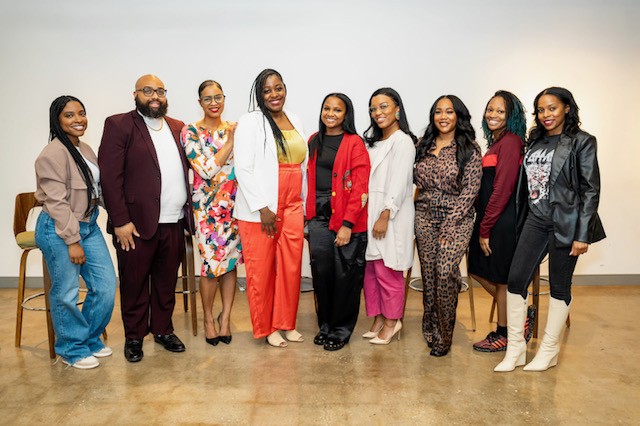

Jessica, love having you share your insights with us. Before we ask you more questions, maybe you can take a moment to introduce yourself to our readers who might have missed our earlier conversations?
Hi, readers! I’m Jessica Smith. I wear many hats, but for the purposes of this feature, I’m a nonprofit founder based in Baltimore, MD.
What drives me is my faith in Jesus, my lived experience with mental health challenges, and the desire to see more racial equity in mental healthcare.
The main service that my organization, The Mental Health Emergency Fund, Inc. provides is financial stipends to community members who are struggling with their mental health, who have access to less than $1000 in an emergency fund.
What inspired this is my own journey, where I took a year-long sabbatical from work in order to focus on my mental health, using my emergency fund to provide for me financially.
I knew that hundreds of others may find themselves in need of mental health support yet do not see a mental health provider due to financial barriers. My goal was just to help as many people as I could with the amount of funds I had.
Since inception, the fund has grown exponentially and we’ve been able to reach over 1000 community members, via our applications, online communications and programming.
Something that sets us apart is that we also teach financial literacy classes and, last year, saw a small class pay down over $65K in debt within a 10-week period.
The reason why this is part of our mission is because we want people to save for emergencies that may come their way and not have to choose between paying essential bills and paying for therapy.
A third part of our mission is to reach the youth. We’ve done so through guided meditation circles with youth-serving organization leaders and will expand to Youth Mental Health First Aid for adults working with young people.
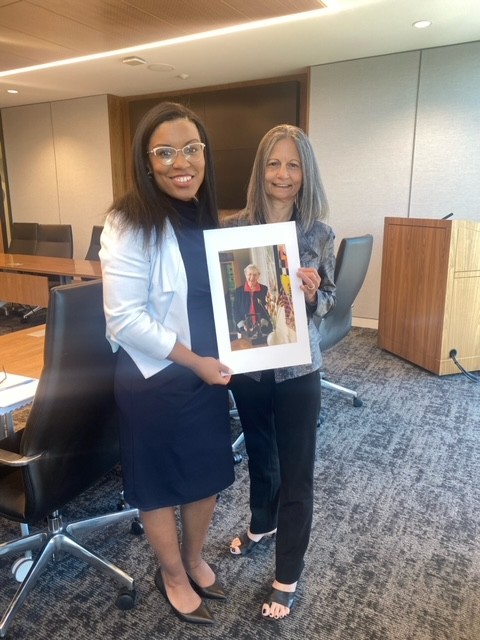
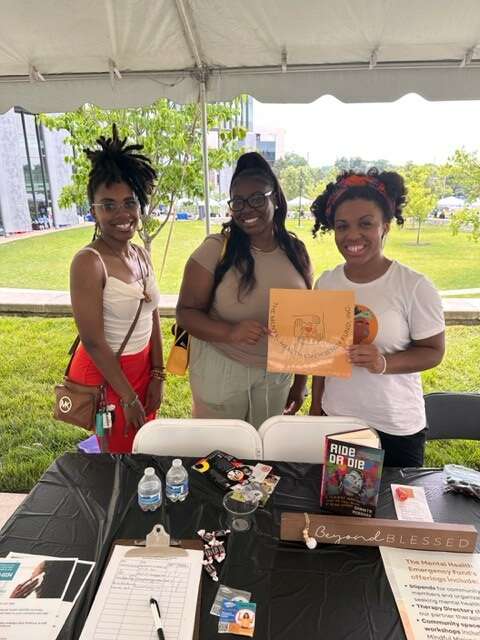
What’s a lesson you had to unlearn and what’s the backstory?
I honestly feel like I’m unlearning things on a daily basis. It’s less of a “lesson” and more so a “notion” or “concept.” It’s the idea of what a business owner in her 30s is/how she’s supposed to move through the world.
I was recently interviewed by a platform called #TheLightHouseInitiative on Instagram Live about the journey of my business. In it, I was challenging the idea of a 9-5 schedule and shedding light on how someone like myself who struggles with their mental health shows up in my business.
“There are some days where I might only work two hours,” I said.
I’m learning that it’s okay to rest when I need to rest and work when I need to work and having zero shame around it. It doesn’t make me any less of an entrepreneur if I’m not grinding out 12-hour-days all the time.
That’s not counterproductive to my having a successful day. My successful days consist of many mindfulness breaks to meditate. I’ve learned that that is my flow and I’m embracing it!
I used to work until burnout and put everyone’s needs before my own. I was so service-oriented that I neglected self. This became really unhealthy for me and was actually the catalyst for the sabbatical that started the business in the first place.
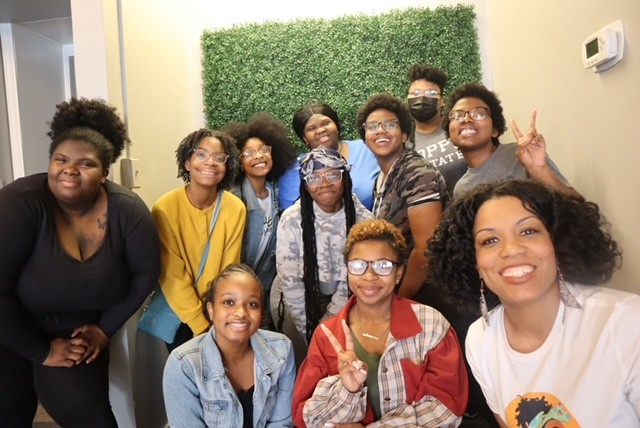
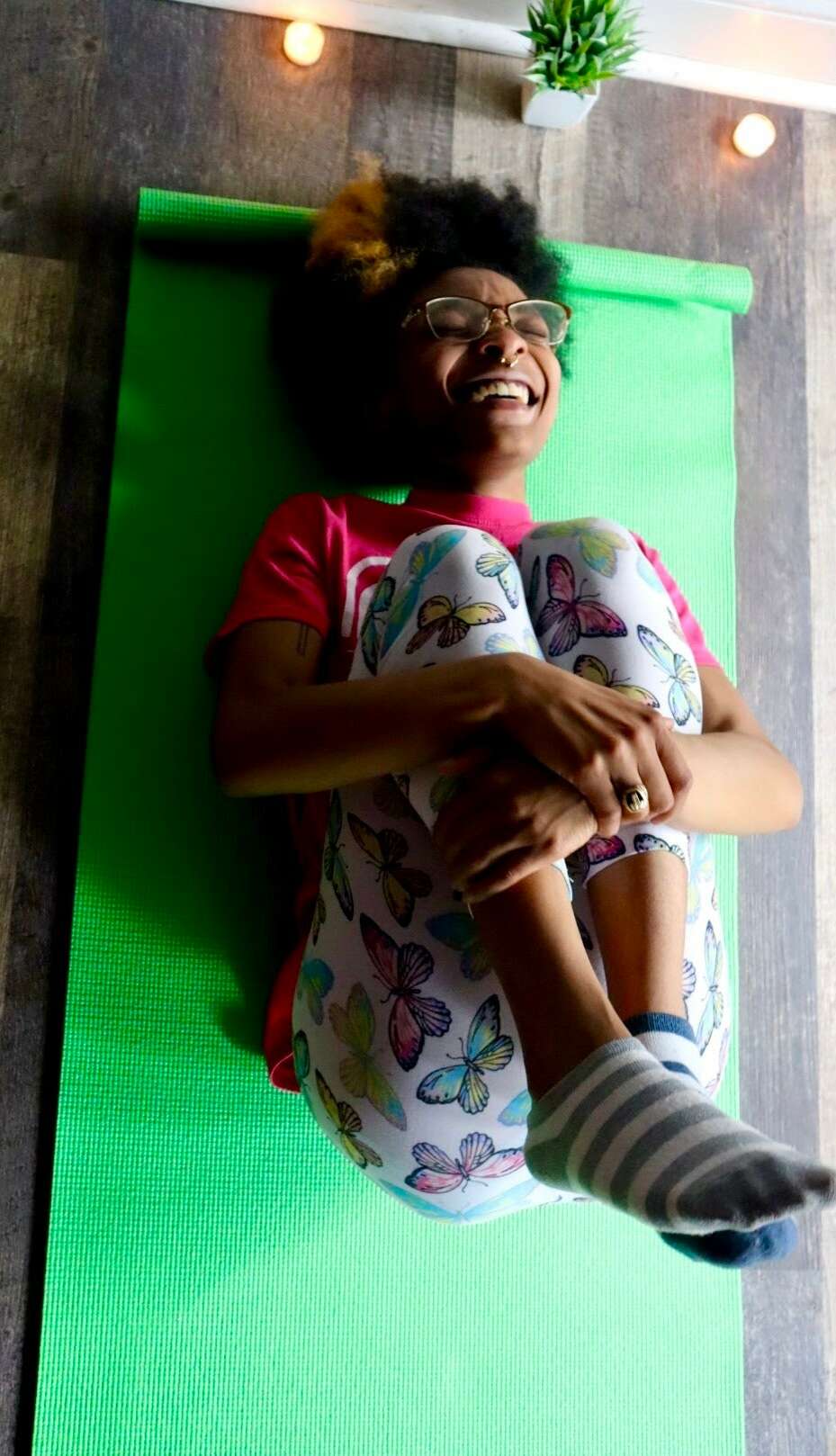
Can you talk to us about how your funded your business?
I raised my initial funds through microgrants and crowdfunding. That’s how it’s been sustained for the past 2 years. Both platforms– Cllctivly and SpreadKarma– were created by Black entrepreneurs who want to change the way philanthropy is done. I’m so grateful to be in the Baltimore small business community that champions grassroots organizations and makes accessing capital accessible for startup founders like myself.
Fortunately, I was also selected to be in the 25th and final class of Open Society Institute (OSI) Baltimore Community Fellows. This fellowship has given me the resources to focus on my business full-time, while seeking out additional funding for longer-term sustainability and scalability.
Adding more revenue streams to the business via courses and trainings is the next stage that I’m actively working on.
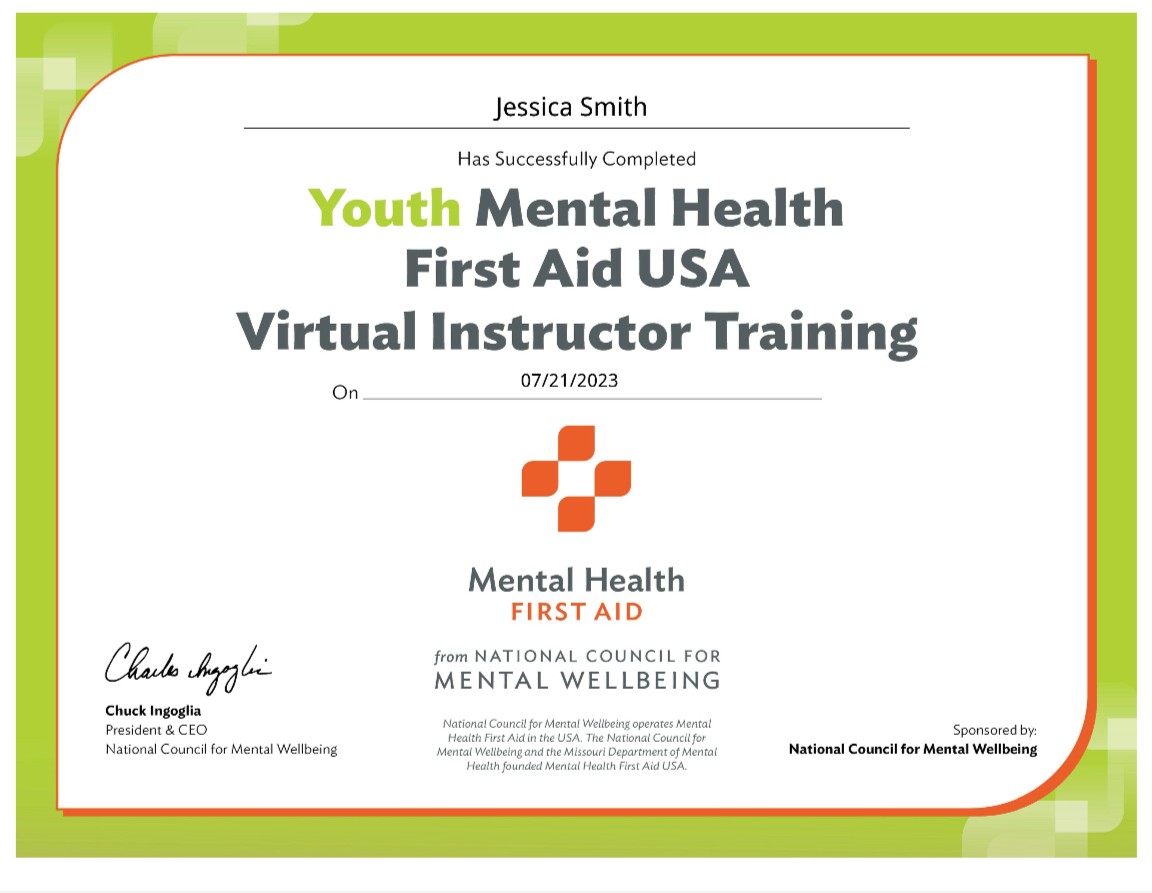
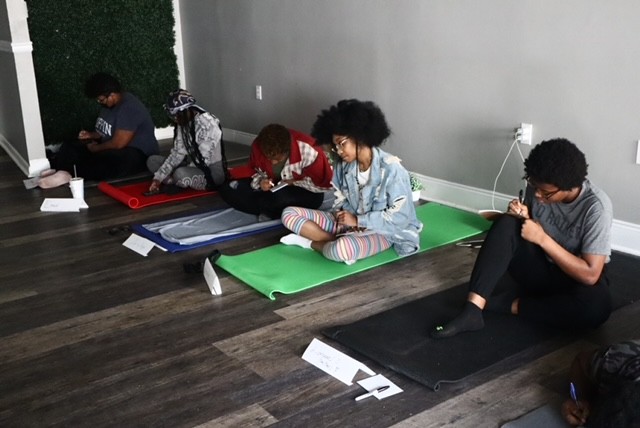
Contact Info:
- Website: www.mentalhealthemergencyfund.org
- Instagram: www.instagram.com/mentalhealthemergencyfund
- Linkedin: www.linkedin.com/in/jessicaashleysmith
- Twitter: www.twitter.com/jesssmithmedia
Image Credits
Jessica Smith Media


